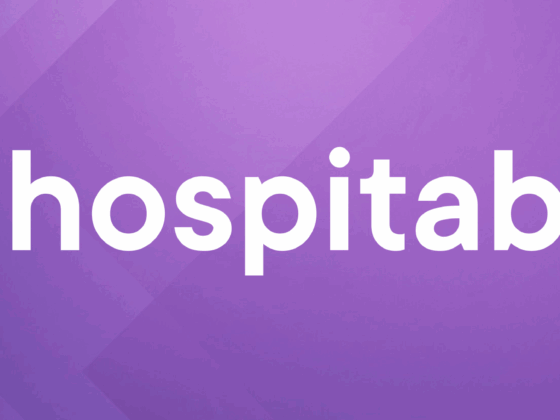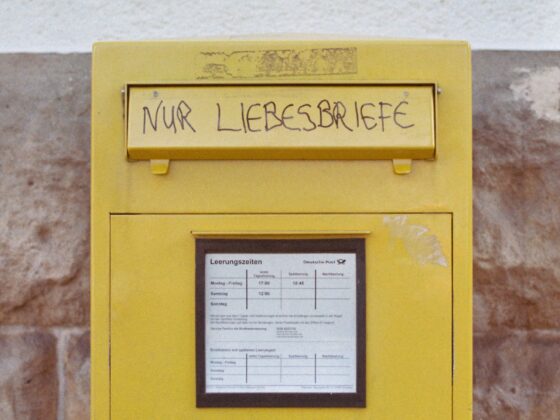
Just days into OpenAI’s new app marketplace, Booking.com and Expedia have seized a commanding lead. They’re not just experimenting with artificial intelligence (AI). They’re embedding themselves directly into the core of how travelers search, discover and book stays at your hotels. And because they’ve moved first—with no safeguards to stop them—they are about to become the default middlemen of the AI age. If that happens, hoteliers will spend the next decade paying for access to their own guests.
If you are not familiar with the EU’s Digital Markets Act (DMA), click here and get informed. This is a major new law passed by the European Union (EU) to rein in the power of big tech companies—Google, Apple, Amazon, Meta and Microsoft—and make digital markets fairer and more competitive. It doesn’t ban these companies or stop them from innovating. Instead, it sets ground rules to prevent them from abusing their dominance—especially when they act as gatekeepers between businesses and their customers.
Here’s a simple way to think about it: You run a hotel, and there’s only one road that leads guests to your front door. The company that owns that road decides who can use it, how much it costs and even whether guests see your hotel at all. The DMA says: “You can still own the road, but you have to let everyone use it fairly. And you can’t secretly steer all the traffic to your own properties.”
In today’s digital world, the DMA forces the biggest online “gatekeepers” to play fair. But here’s where it gets tricky: the DMA doesn’t yet cover standalone AI assistants—like ChatGPT, Gemini or Perplexity—even though they are quickly becoming new gatekeepers. These AI tools don’t just answer questions. They now recommend where travelers should go, decide which hotels show up and sometimes, they even handle the booking directly inside the chat.
If the DMA rules aren’t extended to cover them, a few AI platforms could control the entire travel funnel. That would mean independent hotels might never appear in AI-generated results. More importantly, large online travel agencies (OTAs) like Booking.com and Expedia could buy preferential placement inside these assistants. Therefore, hotels would once again have to pay a commission just to reach guests—even in the AI era.
That’s a catastrophic oversight.
These assistants don’t just answer questions. They own the journey, from inspiration to transaction. They decide who appears, in what order, at what price. That’s not a neutral interface; that’s a powerful distribution monopoly. And right now, that power is being consolidated by a handful of players.
OpenAI’s ecosystem has given Booking and Expedia a privileged runway. Perplexity compounds it. Because these assistants are owning the journey, they have total distribution control. AI inside Google products like Search and YouTube is already watched under the DMA. The live policy question is whether the same rules should apply to independent AI tools like Gemini and ChatGPT. As a consumer, I want that. Without it, the surface changes and we are right back where we started. Middlemen win. Users become the product again.
Facing the facts—and the consequences
Every day we fail to act, independent hotels fall further behind. Small ecommerce teams cannot compete with the opaque, data-rich ranking logic of platforms fueled by trillions of behavioral signals. If assistants become the primary gateway to travelers, access to the guest will be controlled by whoever controls the assistant; they will decide who gets seen, in what order and at what price.
The numbers are staggering:
- Expedia Group advertising reaches travelers across 200+ sites, in 75+ markets and 40+ languages.
- Expedia Group attracts 10 million daily visitors and over 1 billion bookings annually.
- Now imagine pairing that scale with preferential placement inside a dominant AI assistant.
- At 100 million daily active users, a gated AI ecosystem could process 9.6 billion signal events per day—every one of them sharpening the platform’s ability to out-rank, out-target and out-monetize independent hotels.
What does this mean for hospitality’s future? With 100 billion AI agents, hotels will be locked out.
Here’s the current trajectory: Today, AI assistants shape how travelers discover, compare and book. This week, 800 million people will use major assistants every seven days—that’s one in 10 humans. Five years from now, as AI agents proliferate across devices, apps, vehicles and homes, we could see 100 billion daily active agents. If nothing changes, the next two decades will look just like the last—except worse. Hotels will be permanent renters in someone else’s ecosystem.
While we can’t slow innovation, we can work together to keep markets competitive as control shifts from websites to conversational agents. It’s critical that current DMA obligations are maintained where AI features live inside designated core platform services. Then, equivalent safeguards should be extended to stand-alone AI assistants that act as distribution gateways in a vertical like travel. Finally, the U.S. Congress should join in the fight against “gatekeepers” like Google Travel, OpenAI (ChatGPT) and Expedia. We can get there.
10 steps to global policy change
- Extend DMA protections to stand-alone AI assistants acting as distribution gateways
- Mandate non-discriminatory access for suppliers who meet published technical criteria
- Require transparent ranking and clear labeling of paid placements
- Limit cross-context data use for sensitive or identifying signals.
- Enable easy switching and multi-homing for business users.
Then, and only then, can we:
- Make ARI portable. Broadcast availability, rates and inventory in machine-readable form so assistants can access direct offers.
- Publish loyalty and offer rules as structured policies, not buried behind paywalls.
- Instrument your site for agents. Build one site for humans and one for code.
- Demand clear labels for sponsored placements inside any AI interface.
- Support DMA-style regulation for stand-alone assistants.
Act now or be left behind
The OTA era taught us a painful lesson: Whoever controls the interface controls the guest. We cannot afford to repeat that mistake in the age of AI. The solution isn’t to chase the latest device or trend. It’s to fix the practices that allow gatekeepers to lock up distribution in the first place. We’ve got to rally now before the new duopoly becomes untouchable.
It’s time to bring hospitality back to its roots: Let guests choose, let suppliers compete on merit and let innovation serve the many, not the few.
AI is reshaping travel distribution at lightning speed. If you’re a hotelier, policymaker, or industry leader, now is the time to act. The window is closing, but with the right strategy, we can still shape a future where hotels compete fairly and directly for their guests.
Collectively we need to get prepared, influence policy and reclaim our place in the guest journey before it’s too late.
About Agentic Hospitality
Agentic Hospitality is an infrastructure-level AI Cloud platform dedicated to empowering hotels and resorts to reclaim the guest journey, enabling direct bookings through AI-native channels, and drive profitable revenue growth. Developed in collaboration with Brewer Digital and deployed across Google Cloud and Vertex AI, Agentic Hospitality transforms guest interactions into rich intent based signals, and loyalty-enhancing orchestration in real time. Inspired by 12 years of architecting modern commerce platforms for Travel + Leisure Co., G6 Hospitality, RLHC, La Quinta, Red Roof, Drury Hotels, Margaritaville Resorts, and Sports Illustrated Resorts. Scalable across independent hotels, resort groups, and enterprise hospitality brands, Agentic Hospitality redefines the future of frictionless, AI-driven hospitality. The company is powered by a best-in-class ecosystem of technology partners, each chosen for their leadership in AI, automation, data orchestration, and hospitality infrastructure. Players include: Google Cloud (Infrastructure layer, Vertex AI, Vertex Model Garden, Identify Management, and native OpenAI API compatibility); Brewer Digital Marketing (Full-stack platform integration, including Schema Adapter, TravelOS Model Context Protocol (MCP), and Booking Engine Adapter); Amadeus (CRS); Okta, Auth0 (SSO); Salesforce, Snowflake (CRM); Cloudbeds, Infor, Oracle Hospitality, Maestro PMS; PayPal, Braintree (Payments); Quantum Metric (Session replay, Felix AI generative summaries, and behavioral analytics); Ad agencies (Dynamic CRM-based personalization and paid media optimization); and Little Buddy Agency (Automation meets creativity using human–AI hybrid tools to craft smarter, more engaging brand experiences). Visit Agentic Hospitality.









